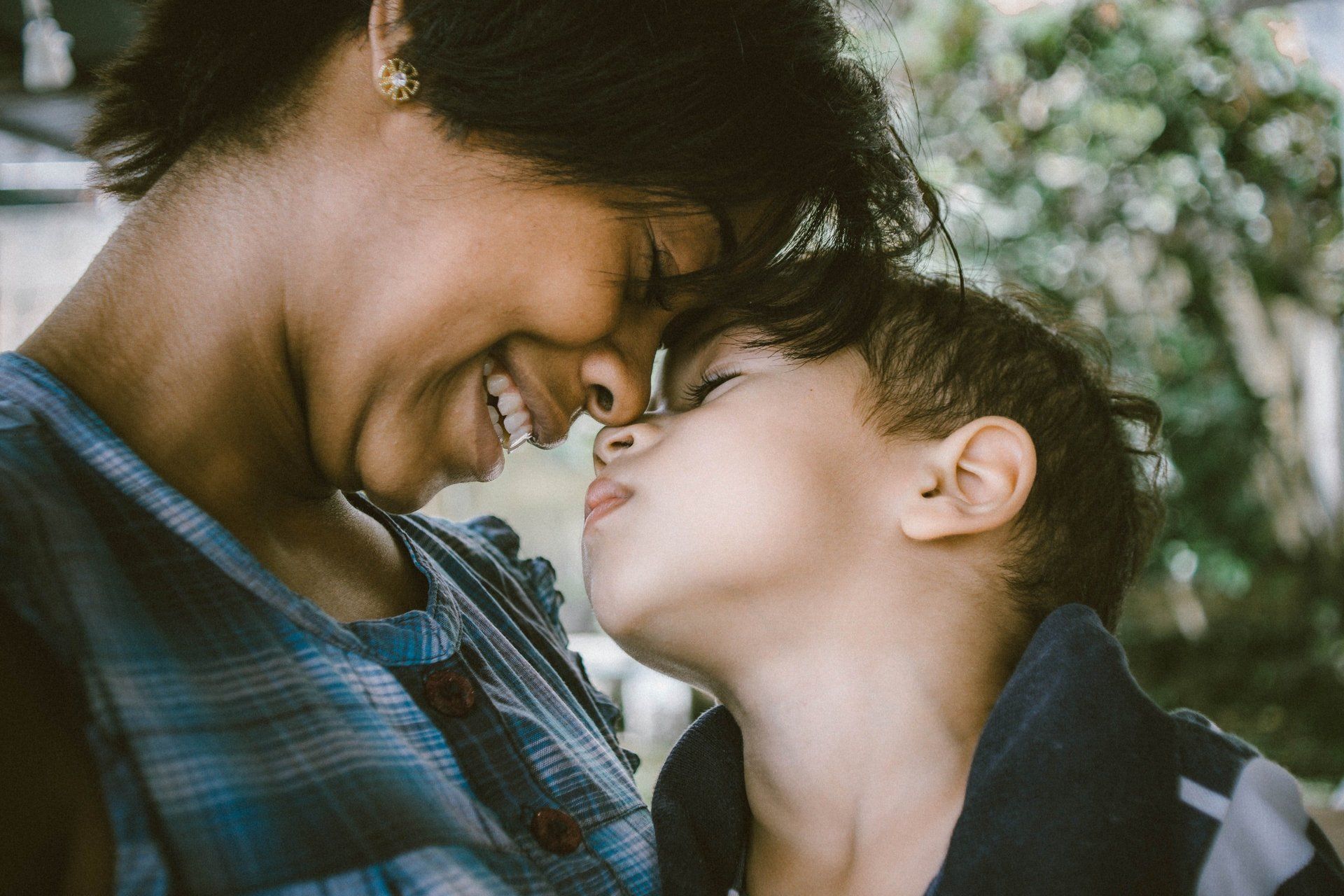My love letter to the introverted parents

First off, Extroverts, I love you. I do. But today is about the Introverts.
And pseudo-extroverts (introverts who have learned to act more extroverted than they really are to survive in a society that prizes extroversion.)
Introvert parents, you are my peeps. I love you. I see you. I feel you.
*********
I first realized I was introverted in 1st grade, although obviously I didn't understand what it meant back then.
It was the first day we did an activity called BRAINSTORMING.
The idea was that everyone would yell out ideas about a topic, and then we would build new ideas based on the first ideas.
I immediately hated it. The loudest kids got heard. The quieter kids got ignored. I couldn't think of my own ideas, because I was busy really listening to other people. I needed time to really try to understand the first idea, but by then we had already moved on to the next idea. I immediately saw this was NOT how my brain worked, and NOT a good way for a group to make decisions.
Since then, I have become better at understanding the unique strengths and benefits of introversion. Even in a world that often seems to value being loud and extemporaneous.
**********
So, how do you know whether you're an introverted parent?
**********
You might be introverted parent if :
- you need alone time to recharge
- you are comfortable with alone time, and can easily find ways to entertain yourself
- you love the idea of having drinks with a close friend, or spending time with just your family
- you prefer deep discussions over small talk
- you would prefer a weekend with nothing to do, rather than one that's over-scheduled
The world is probably more full of people who are Ambiverts (a mixture of introversion and extroversion), and based on different situations, all of us can be more or less introverted, so there is clearly a spectrum. But the list above are some classic, introverted characteristics that really resonate for me in particular.
************
So what makes you so naturally wonderful as a peaceful parent, Introverts? Why do I love you?
Introverts have a number of tendencies and traits that make them naturals as peaceful parents.
- you rarely talk without thinking first
- you have a quiet but firm way of speaking that is a natural for talking to children
- you are mild mannered, and slow to lose your temper outwardly
- you love to ask questions, and you actually listen to the answers of the other person
- you can be nice and tough at the same time, without being intimidating
- you are naturally gentle
- you are less likely to let your ego take over when there is conflict
- you are a wonderful model to your children of how to spend time alone without being bored
***********
I think introverts have a number of wonderful traits that make them a natural fit for peaceful parenting, without even trying.
In a world that often prizes quick talkers, sociability and loudness, the more under-stated, naturally gentle ways of introverts make peaceful parenting second nature.
So introverts, stay strong and keep the faith, in a world that sometimes underestimates you.
You were born for this kind of parenting, and your quieter style is setting the foundation for the deeply connected, trusting relationship with your child that lifelong relationships are built on.












